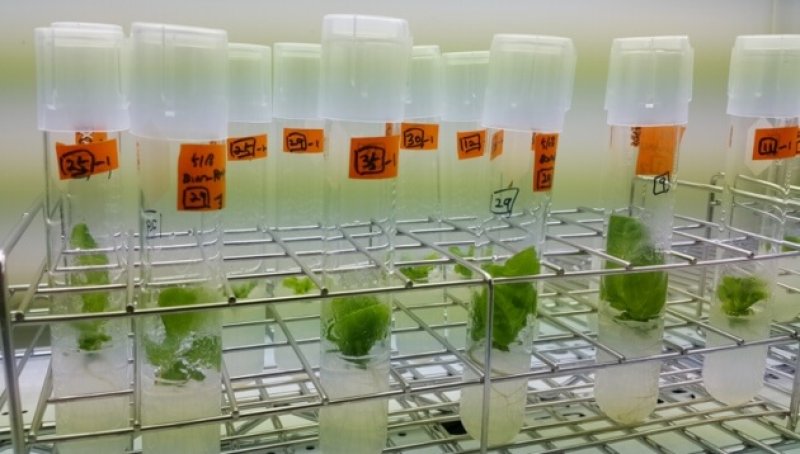Inari, based in Cambridge, Massachusetts, plans to use the total $144 million it has raised so far to develop crops that are more productive and consume less water and fertilizer than those currently produced by seed conglomerates. The company will focus on major crops such as corn, soybean, wheat and tomato. “All the genetics [for these crops] are owned by just a couple of multinational companies, and we want to challenge that,” says Ponsi Trivisvavet, CEO of Inari. “We want to bring back genetic diversity to make seeds that are better for the environment and the farmer,” she says.
Inari is one of a several small companies with similarly lofty goals who are capitalizing on new editing technologies, such as CRISPR, and computational methods for predictive modeling. Such tools make crop development faster and less expensive, and potentially could give startups a shot at competing with the big players by sidestepping onerous and expensive regulatory oversight.
Just a few years ago, a seed developer could plan on spending a decade and up to $100 million on bringing one new crop trait to market …. because of regulations, both in the United States and especially in Europe.
Read full, original article: With CRISPR and machine learning, startups fast-track crops to consume less, produce more































